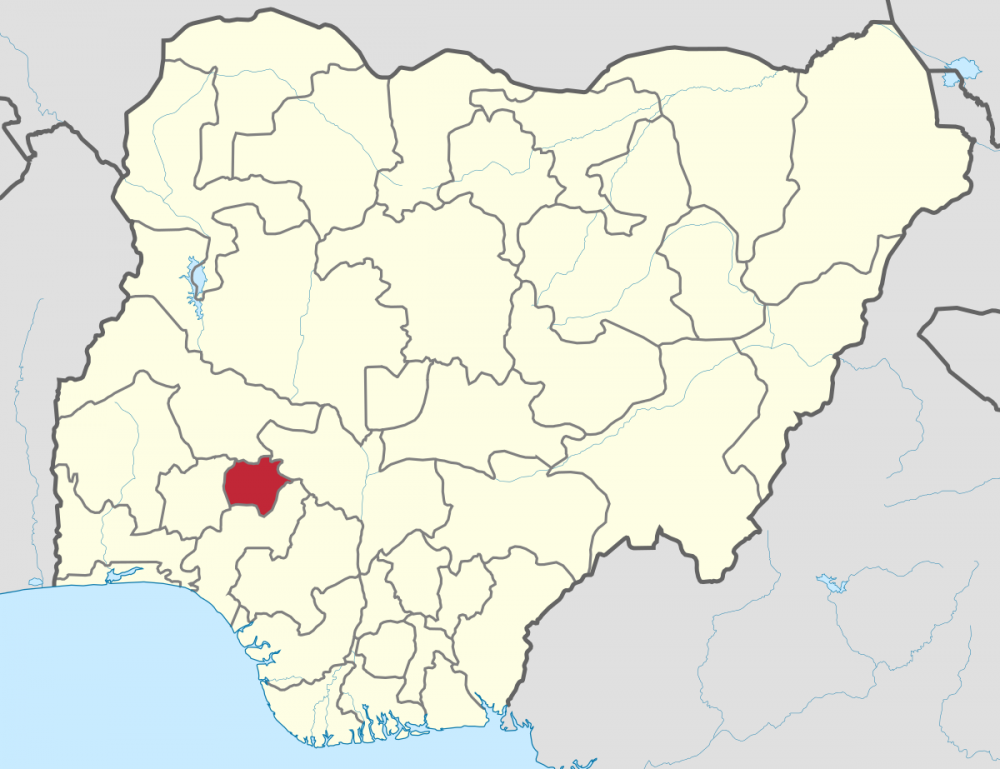WHO warns against using two drugs for non-severe COVID-19
The World Health Organization (WHO) on Wednesday advised patients with mild to moderate cases of the coronavirus (COVID-19) not to use the antidepressant, fluvoxamine, and the drug for gout, colchicine.
According to the News Agency of Nigeria (NAN), the organization said in a statement that current indications do not warrant the use of colchicine to treat non-serious illness, adding that fluvoxamine should not be used without clinical trials.
According to a WHO Guideline Development Group (GDG) report, the advice became necessary due to insufficient evidence of better outcomes from the use of medicines and their potential harmful effects.
The report, by a panel of international experts from the British Medical Journal, says no recommendations were made for either drug in patients with severe or critical illness, as data is limited or non-existent.
“Fluvoxamine and colchicine are commonly used, inexpensive drugs that have garnered considerable interest as potential treatments for COVID-19 during the pandemic.” However, today’s recommendations against their use reflect the continuing uncertainty about how drugs produce an effect in the body.
"Also evidence of little or no effect on survival and other important measures, such as risk of hospitalization and need for mechanical ventilation.
“There is also a lack of reliable data on serious COVID-19-related harms associated with these drugs,” he said.
He said WHO advice against the use of fluvoxamine except in clinical trials was based on data from three randomized controlled trials (RCTs) involving more than 2,000 patients.
ALSO READ FROM NIGERIAN TRIBUNE
"Their expert advice against colchicine was based on data from seven RCTs involving 16,484 patients," he said.
He said that after thoroughly reviewing the evidence, the panel, which included experts from around the world and four patients who had had COVID-19, concluded that almost all well-informed patients would choose not to receive neither fluvoxamine nor colchicine. therapy for COVID-19.
He said the committee noted that none of the included studies included children, so the applicability of these recommendations to children is uncertain.
However, he said the panel did not see why children with COVID-19 would respond differently to treatment with fluvoxamine or colchicine.
"Today's recommendations are part of a living guideline, developed by the organization with methodological support from the MAGIC Evidence Ecosystem Foundation, to provide reliable advice on the management of covid-19. < /p>
"The living guidelines allow researchers to update previously vetted and peer-reviewed evidence summaries as new information becomes available," he said.
According to the report, previously WHO made a strong recommendation for the use of nirmatrelvir and ritonavir, and conditional recommendations for sotrovimab, remdesivir, and molnupiravir for high-risk patients with COVID-19. 19 not severe.
The report states that for patients with severe COVID-19, WHO strongly recommends corticosteroids, with the addition of IL-6 receptor blockers or baricitinib. The WHO has also warned against the use of convalescent plasma, ivermectin and hydroxychloroquine in patients with COVID-19, regardless of disease severity.

The World Health Organization (WHO) on Wednesday advised patients with mild to moderate cases of the coronavirus (COVID-19) not to use the antidepressant, fluvoxamine, and the drug for gout, colchicine.
According to the News Agency of Nigeria (NAN), the organization said in a statement that current indications do not warrant the use of colchicine to treat non-serious illness, adding that fluvoxamine should not be used without clinical trials.
According to a WHO Guideline Development Group (GDG) report, the advice became necessary due to insufficient evidence of better outcomes from the use of medicines and their potential harmful effects.
The report, by a panel of international experts from the British Medical Journal, says no recommendations were made for either drug in patients with severe or critical illness, as data is limited or non-existent.
“Fluvoxamine and colchicine are commonly used, inexpensive drugs that have garnered considerable interest as potential treatments for COVID-19 during the pandemic.” However, today’s recommendations against their use reflect the continuing uncertainty about how drugs produce an effect in the body.
"Also evidence of little or no effect on survival and other important measures, such as risk of hospitalization and need for mechanical ventilation.
“There is also a lack of reliable data on serious COVID-19-related harms associated with these drugs,” he said.
He said WHO advice against the use of fluvoxamine except in clinical trials was based on data from three randomized controlled trials (RCTs) involving more than 2,000 patients.
ALSO READ FROM NIGERIAN TRIBUNE
"Their expert advice against colchicine was based on data from seven RCTs involving 16,484 patients," he said.
He said that after thoroughly reviewing the evidence, the panel, which included experts from around the world and four patients who had had COVID-19, concluded that almost all well-informed patients would choose not to receive neither fluvoxamine nor colchicine. therapy for COVID-19.
He said the committee noted that none of the included studies included children, so the applicability of these recommendations to children is uncertain.
However, he said the panel did not see why children with COVID-19 would respond differently to treatment with fluvoxamine or colchicine.
"Today's recommendations are part of a living guideline, developed by the organization with methodological support from the MAGIC Evidence Ecosystem Foundation, to provide reliable advice on the management of covid-19. < /p>
"The living guidelines allow researchers to update previously vetted and peer-reviewed evidence summaries as new information becomes available," he said.
According to the report, previously WHO made a strong recommendation for the use of nirmatrelvir and ritonavir, and conditional recommendations for sotrovimab, remdesivir, and molnupiravir for high-risk patients with COVID-19. 19 not severe.
The report states that for patients with severe COVID-19, WHO strongly recommends corticosteroids, with the addition of IL-6 receptor blockers or baricitinib. The WHO has also warned against the use of convalescent plasma, ivermectin and hydroxychloroquine in patients with COVID-19, regardless of disease severity.
What's Your Reaction?






















